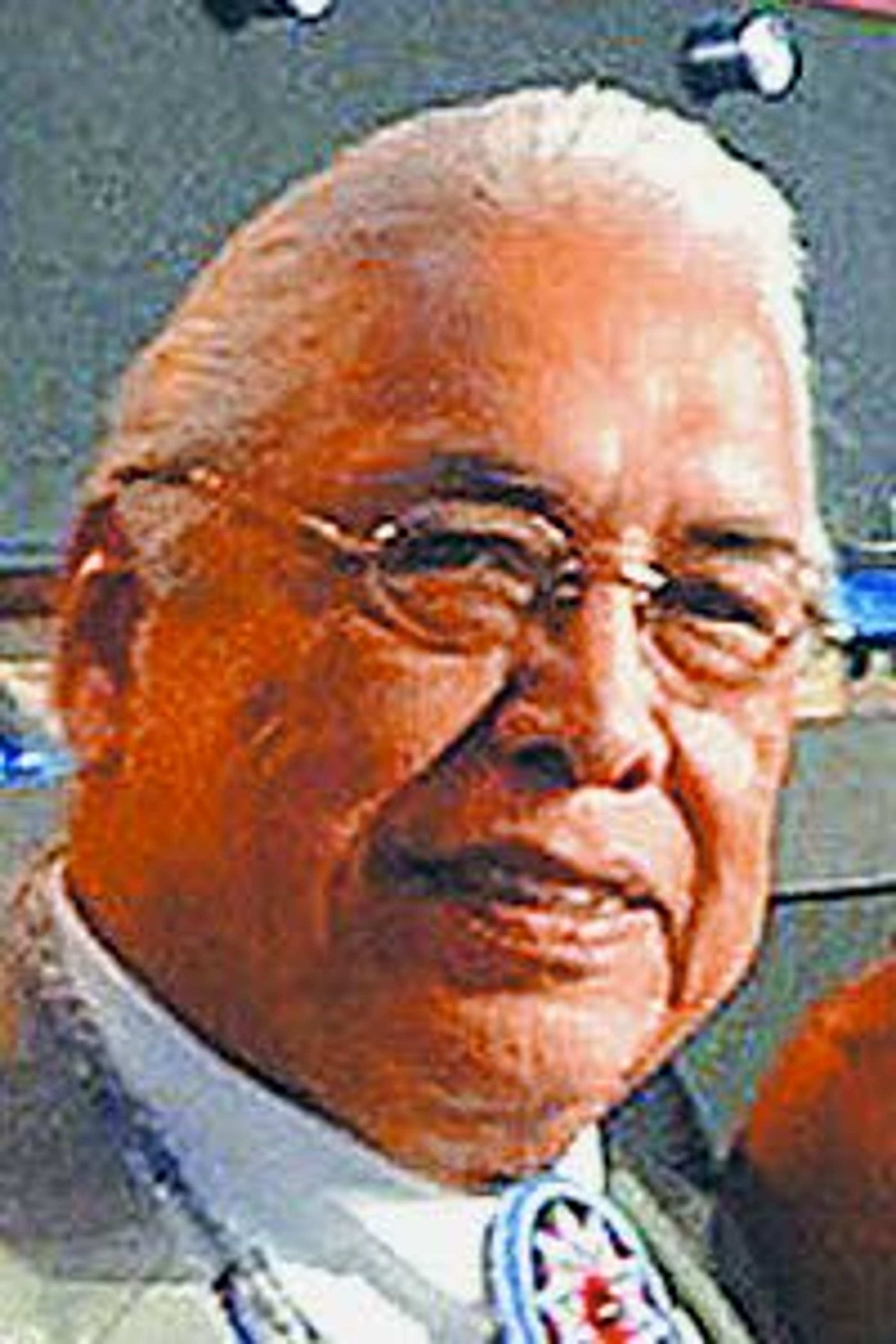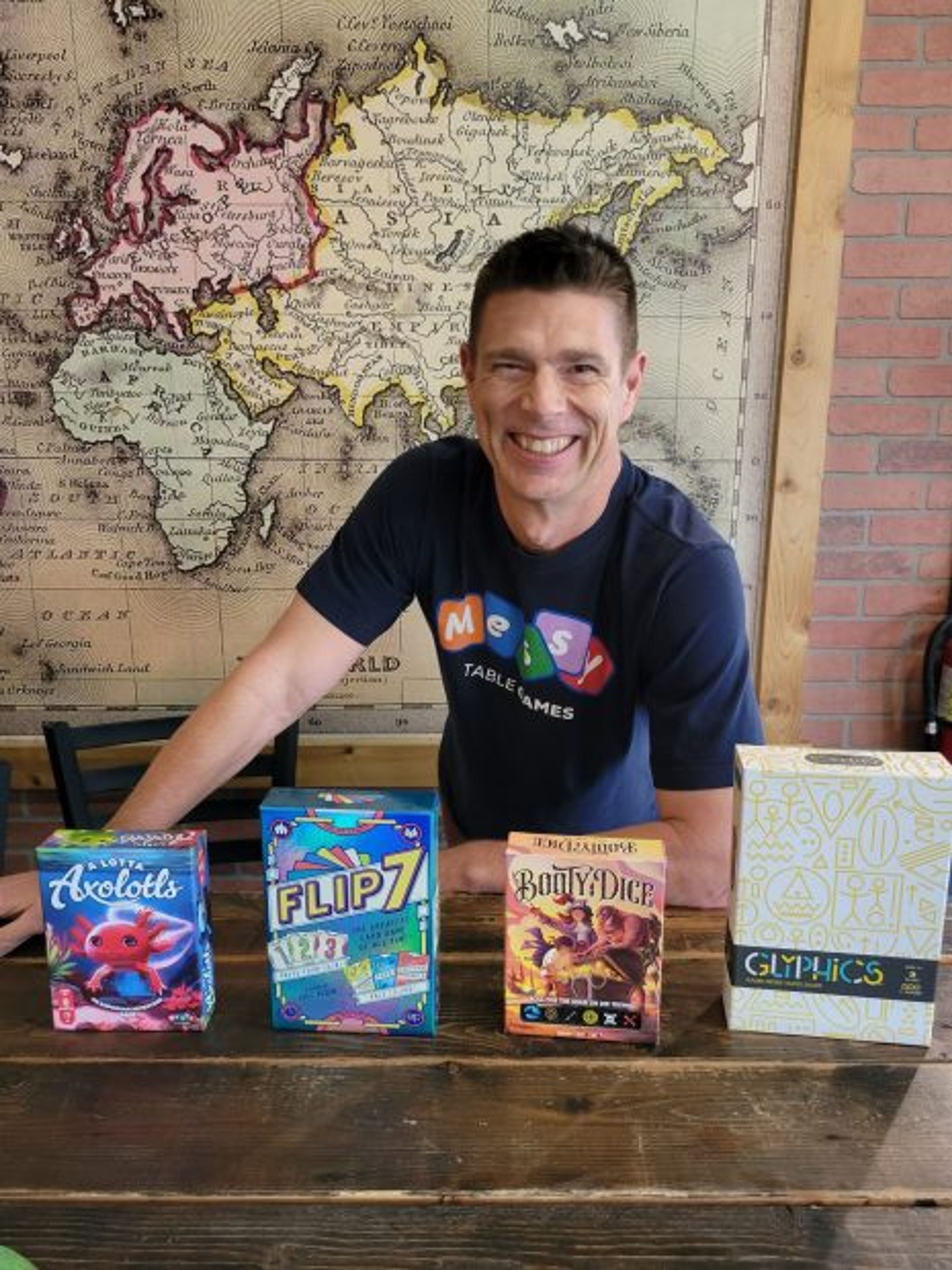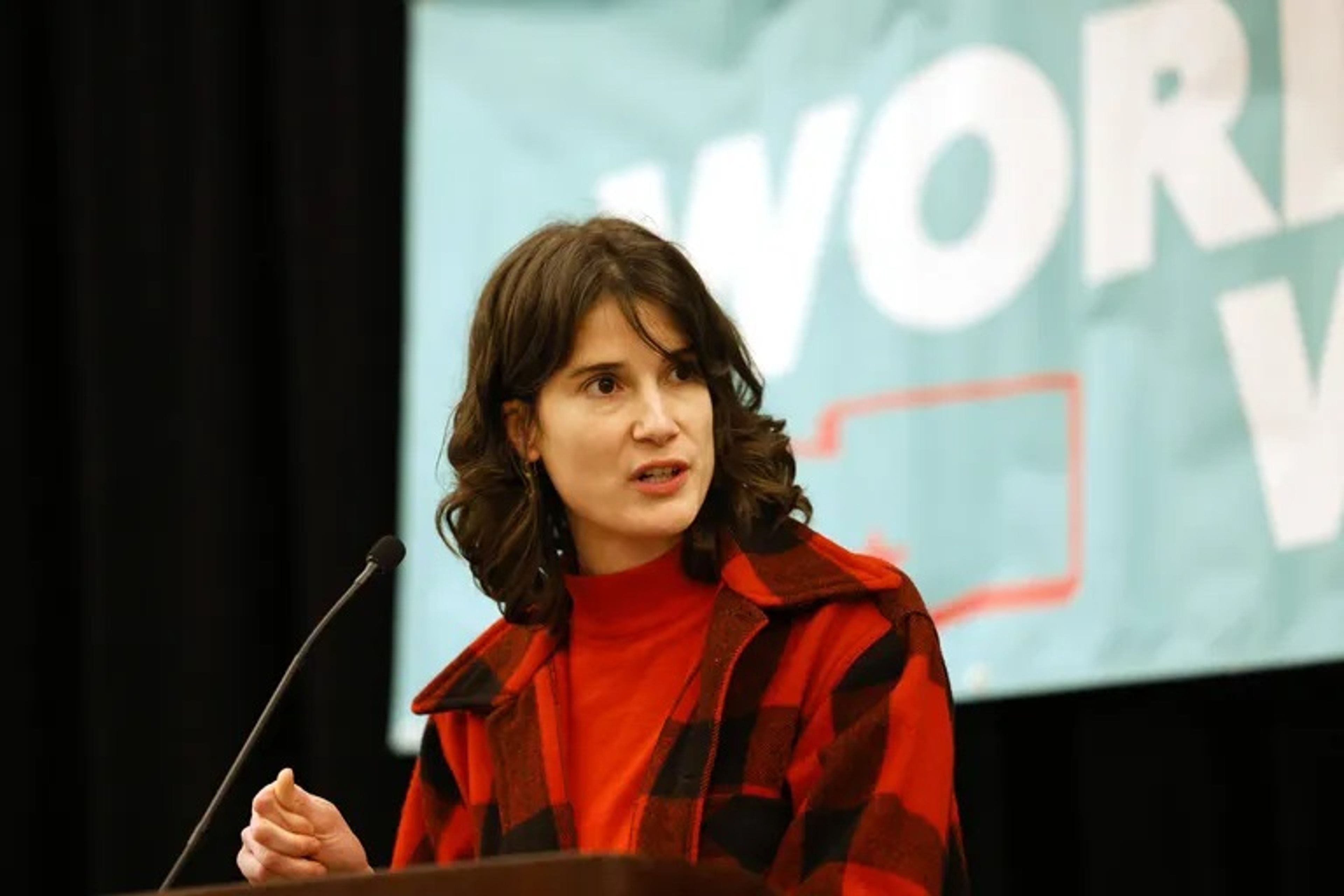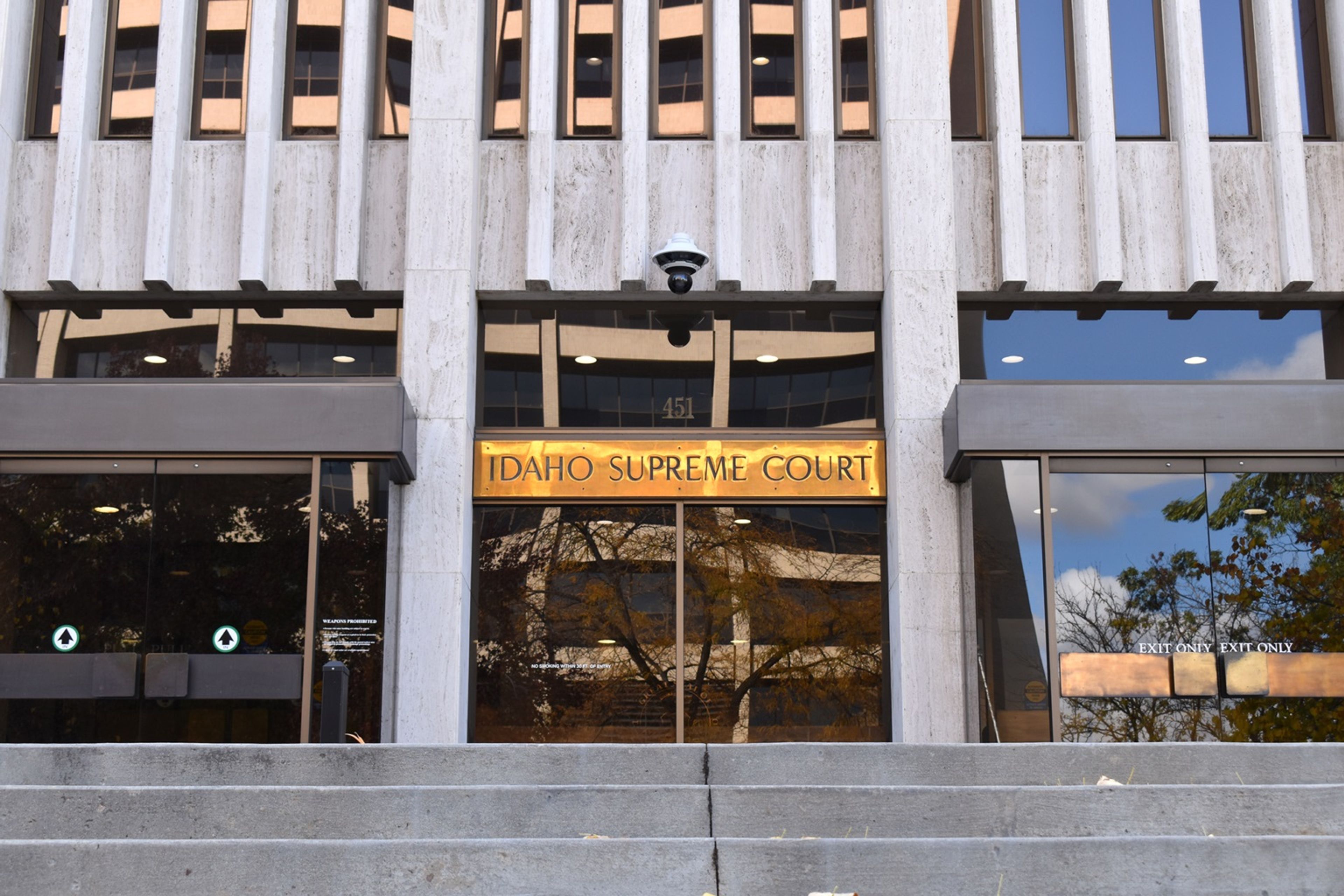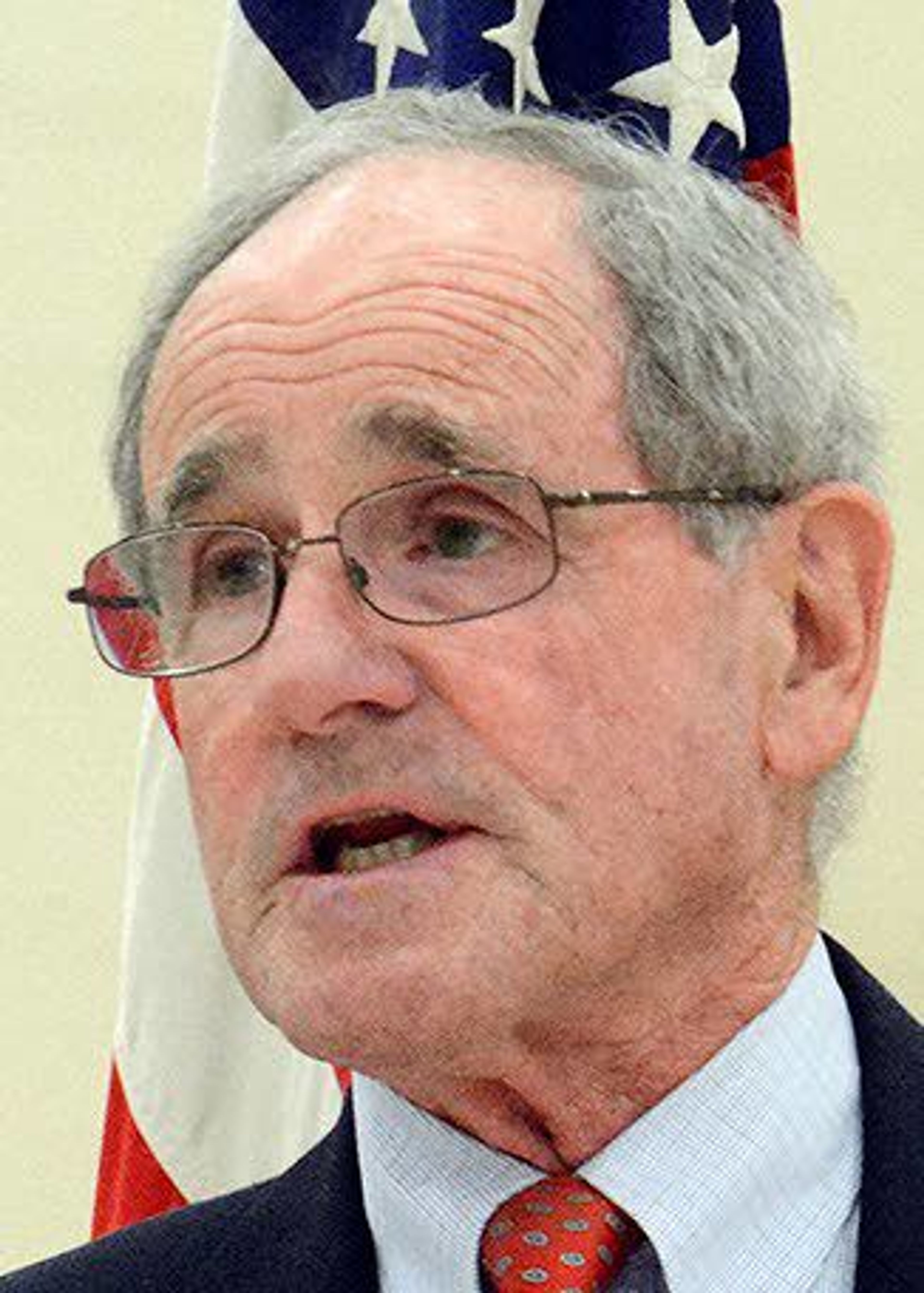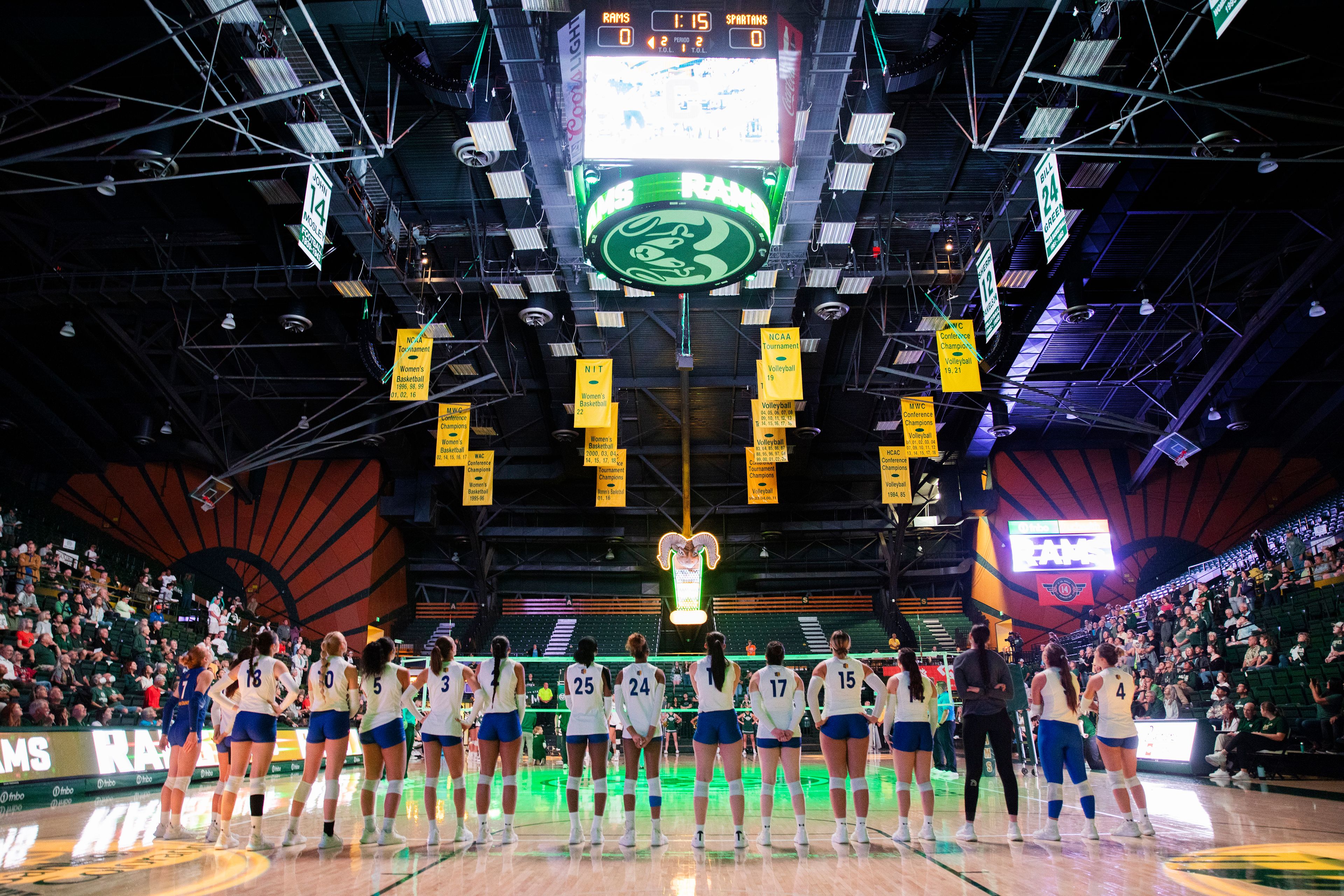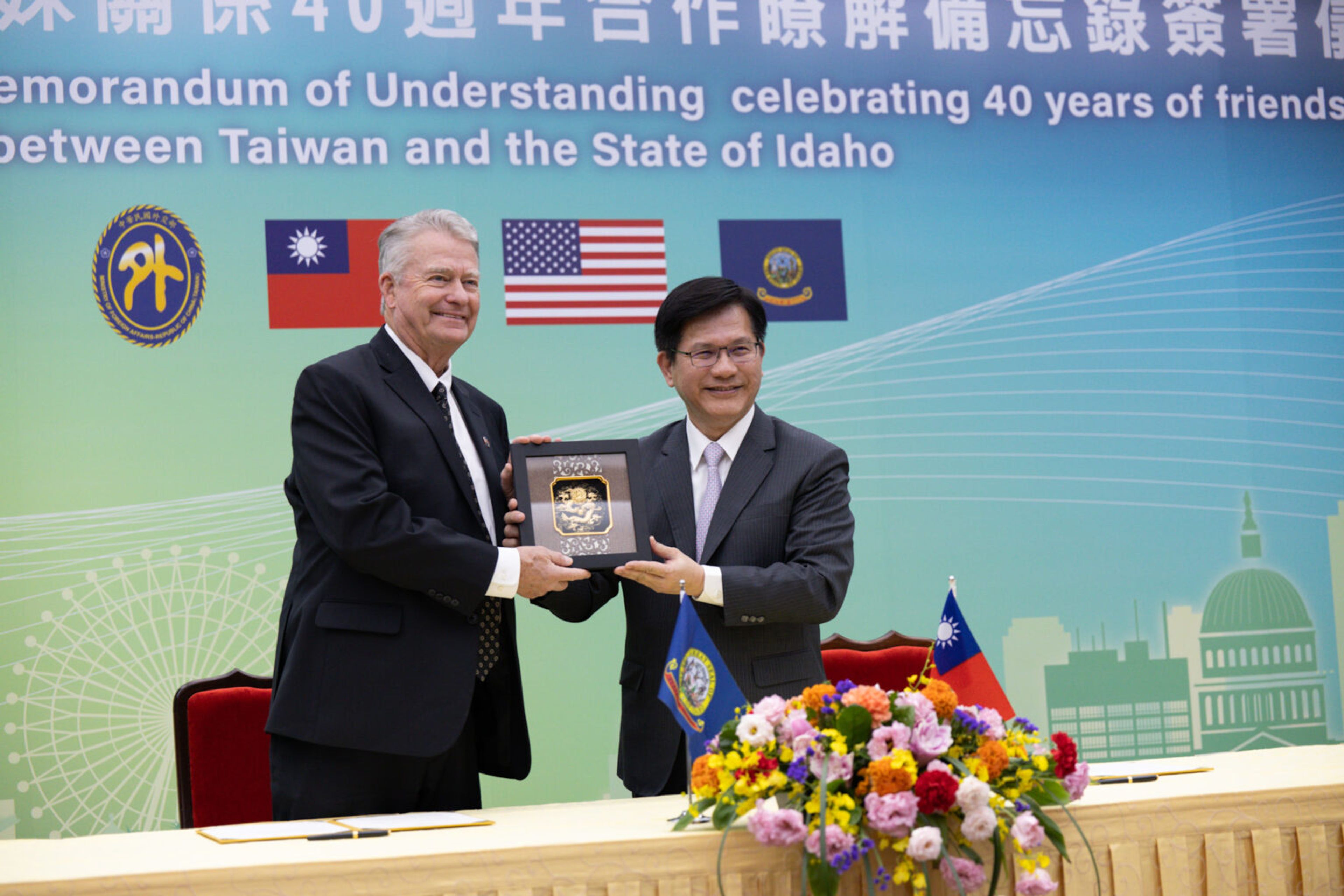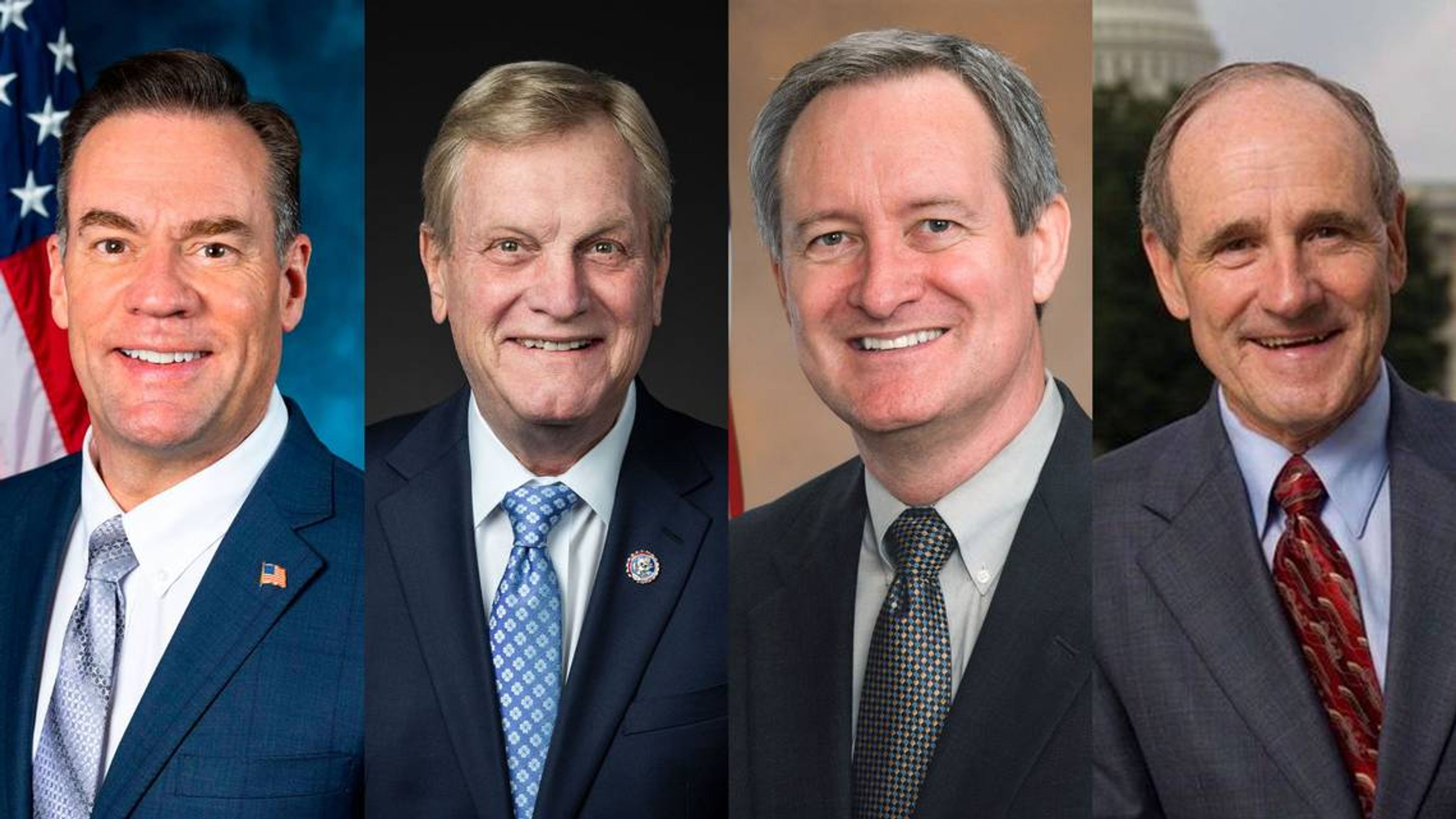Idaho tribes speak out against 'offensive' mascots
Idaho Council on Indian Affairs discusses topic at emotional meeting in Boise
BOISE - Indian-themed school mascot names may be intended to honor American Indians, but for many tribal members they're often unwanted reminders of a painful historical period.
The issue came up during an Idaho Council on Indian Affairs meeting Friday.
Nez Perce Tribal Executive Committee Chairman Silas Whitman, who co-chairs the council, discussed recent efforts to change the name of the Sacajawea Junior High Braves and the Nezperce High Indians.
"We're looking at how they view, in caricature form, their mascot names," he said. "What's really been offensive to Native people is a mural in the foyer (of Sacajawea Junior High) that depicts a brave holding a bloody scalp ... . That was done as a school project. Students pass by several times a day. We're trying to get them to realize the humanity of what this is all about."
Whitman's comments sparked emotional responses from other council members.
"People do it to honor us, they say, but really it's very misguided," said Kootenai Tribal Council member Gary Aikens Jr. "They don't recognize the pain it causes, the disrespect that's shown. The pain is generations deep. We're still feeling the effects of atrocities committed a hundred years ago. All of us are carrying generations of pain. We're still walking with that.
"When we speak out on this, the struggle has been trivialized. People say, 'Get over it, we're just honoring you.' But I don't think they realize the effect it has when we see this type of thing," he said. "It's not honoring us."
The Shoshone-Bannock Tribes have been trying for decades to get schools in eastern Idaho to change their mascot names, said Tribal Business Center Director Nathan Small.
Salmon High School, for example, is located in the area where the Lemhi Indians lived before they were removed to Fort Hall in the early 1900s. Its nickname is the Savages.
"They depict Indians as the savages," Small said. "That's offensive to us. We feel like we're not the savages that came to this country. The people who came here were the savages. They were the ones who treated our people very, very bad, with lots of killing, forced removals, raping our women. If they want to depict a savage, maybe they should change it from Native Americans to the ones who did the savage things."
He said Teton High School in Driggs shares an even more offensive name with a prominent professional football team - the Redskins.
"Maybe people don't understand what that is," Small said. "A redskin is a scalp. In order to remove Indians, they offered bounties on scalps. That's where the name comes from. When you look at that, it's about dead Indians. How can you name yourself something like that and be proud of it?"
He said several Teton High officials have approached the tribes and expressed an interest in changing the name. Rep. Marc Gibbs, R-Grace, said there's a two-year process in place to get that done.
Dennis Smith, also a member of the Shoshone-Bannock Tribes, said people need to keep in mind historical efforts to eradicate American Indian cultures.
"I'm living testimony about what happened to my mom and my aunt," he said. "When my grandma died, the Mormons took them and moved them to Oregon. Right off the bat they were told, 'we're taking the Indian out of you. We don't want to see you talk or act like an Indian.'
"My mom passed that on to us, and I'm ashamed to say it's hard for me to understand my own language because I got a split lip and bloody nose and black eye from mom beating on me, because she didn't want me to be an Indian," he said.
Today he goes to basketball games or parades and sees young kids wearing black wigs and war paint.
"You sit there in the stand and all you can do is hang your head, because it's so disrespectful," Smith said. "It brings a tear to your eye when you see them trying to imitate Indians and they don't have any Indian blood or culture or heritage."
Whitman said the Nez Perce Tribe is looking at various ways to address this issue, ranging from public relations to working with educators or possibly a future legislative fix.
Mostly, though, they're asking schools to show some respect - particularly when they're located in a tribal area.
"We're saying no more fake war bonnets," he said. "We're trying to impress upon them that they're in our territory. They should be listening to what we're trying to impress upon them. If they're in another tribal area, they should be talking to that tribe. Have the decency to talk to each one and ask how they'd like to be portrayed."
---
Spence may be contacted at bspence@lmtribune.com or (208) 791-9168.
